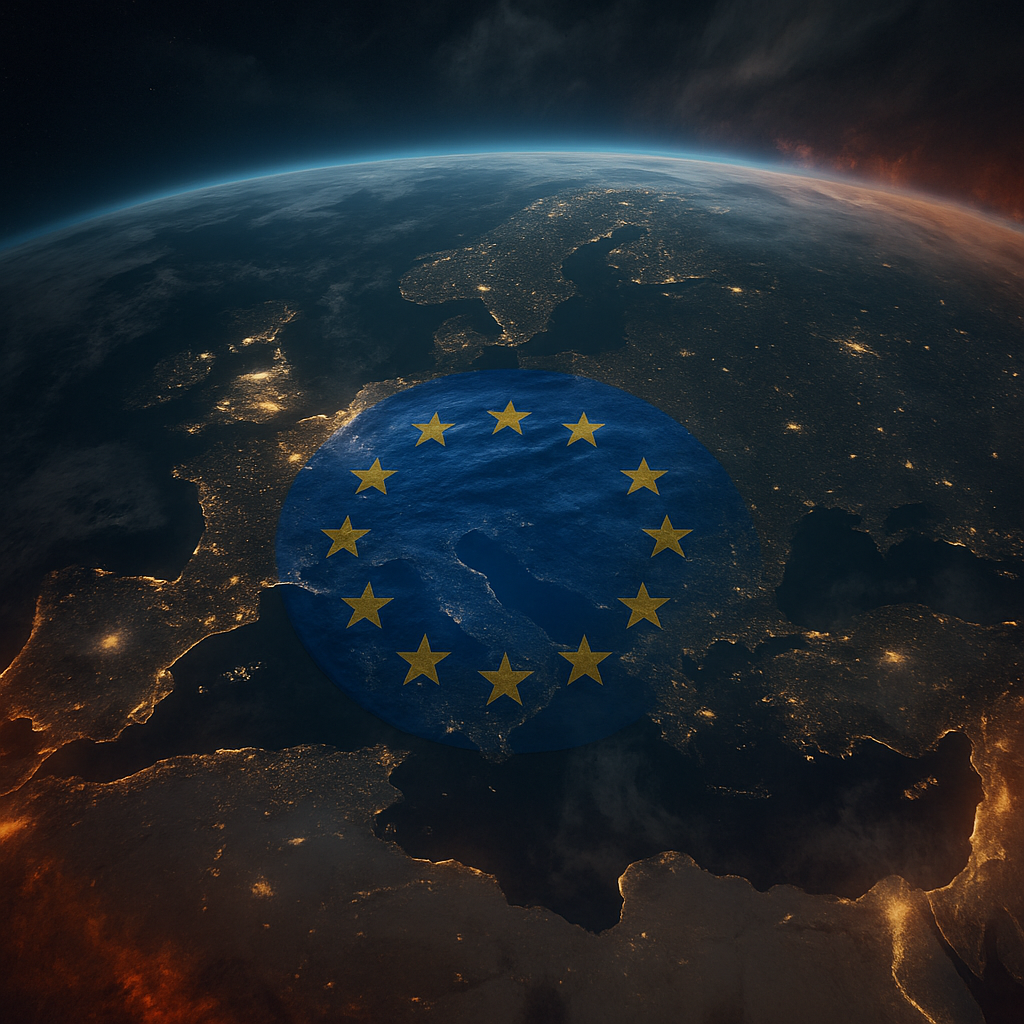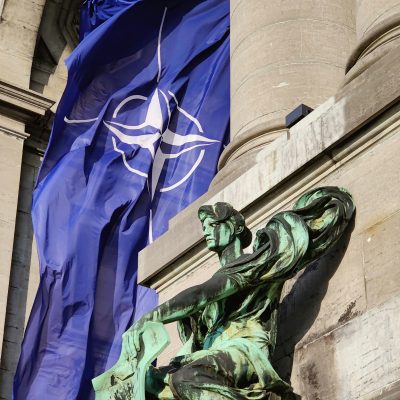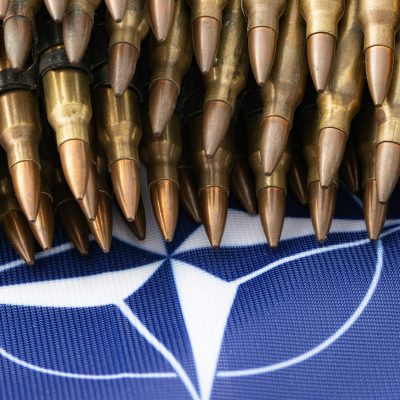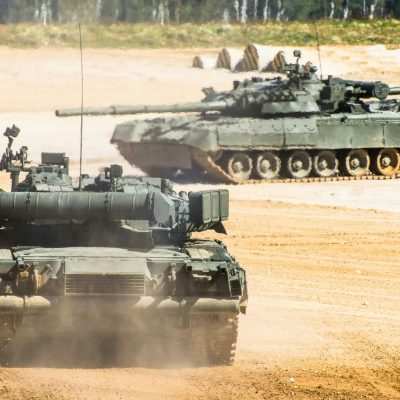The EU and its Neighbourhood: How to Stabilise the Ring of Fire?
The increasing instability in the EU neighbourhood is a major concern for both national governments and European political leaders. Understanding the turmoil in neighbouring states requires us to make full use of a range of
areas of expertise, in order to see the bigger picture regarding current challenges.

The increasing instability in the European Union’s neighbourhood is a major concern for both national governments and European political leaders. The collapse of several countries in the Mediterranean region, refugee flows, the development of terrorist networks which threaten Europeans with deadly attacks, frozen conflicts in the Eastern neighbourhood and challenging relations with Russia have a profound impact on the entire EU. Understanding the turmoil in neighbouring states requires us to make full use of a range of areas of expertise, in order to see the bigger picture regarding current challenges.
For this purpose, the Jacques Delors Institute brought together researchers, practitioners and political leaders from different backgrounds to debate the resources required to stabilise the EU’s neighbouring states during the 7th European Think Tanks Forum. Dedicated to the EU and its neighbourhood, this forum was held in Valletta, on 27 and 28 February 2017, with the support of the Maltese Presidency of the EU Council. This synthesis, written by Elvire Fabry, senior research fellow at the Jacques Delors Institute, Natalia Martin and Luc Vincent, research assistants at the Jacques Delors Institute, provides the main points of this group discussion, opened with keynote speeches by Enrico Letta, President of the Jacques Delors Institute, and Joseph Muscat, Prime Minister of Malta, and subsequently conducted under the Chatham House Rule.





